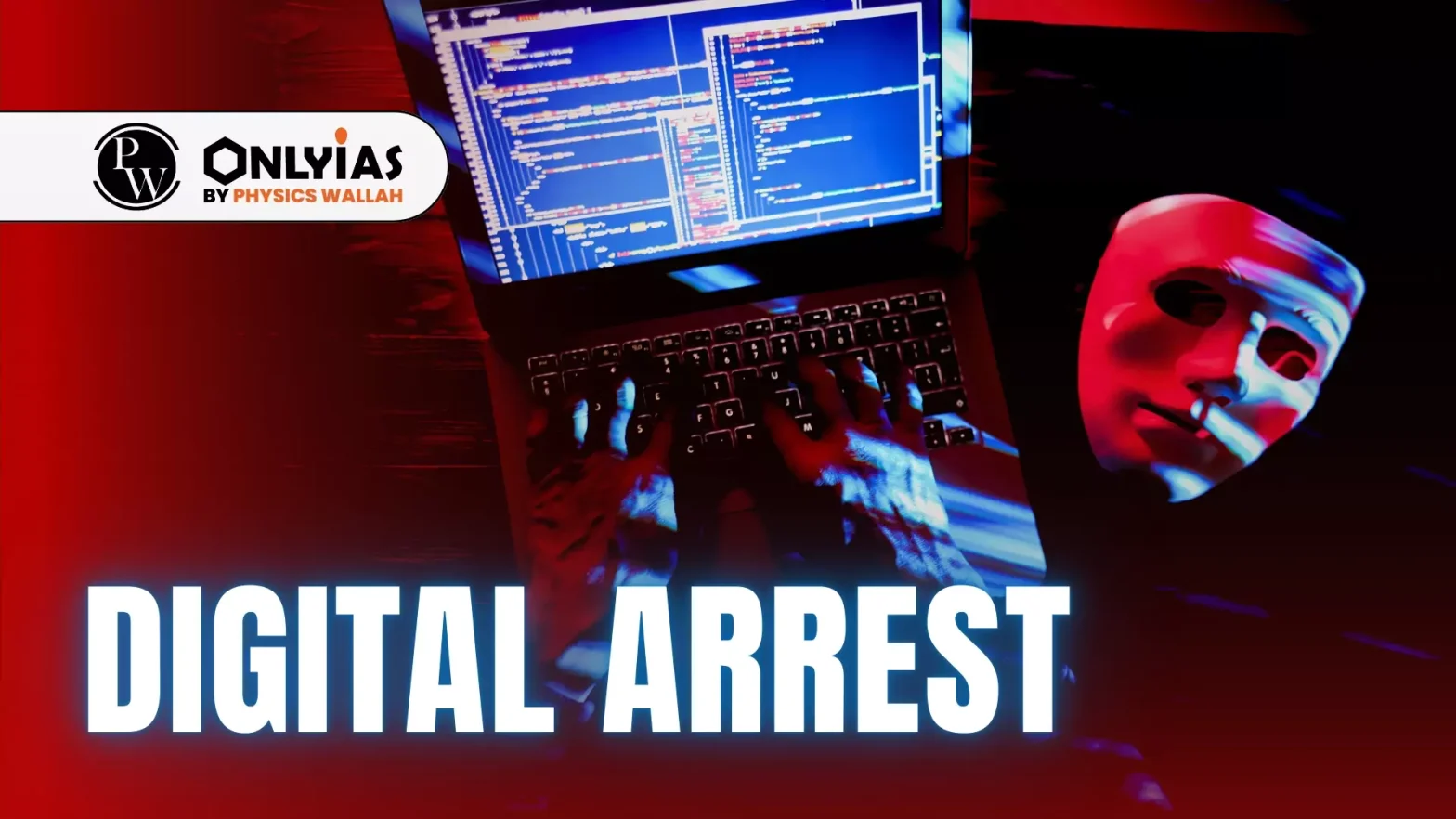A Digital Arrest scam is an online scam that defrauds victims of their hard-earned money by impersonating government officials, especially from law enforcement departments.

Digital arrest refers to scams where individuals are manipulated through fake warrants, arrest threats, or demands from fraudulent digital sources. In the first three months of 2024, the Indians lost 120 crore to fraud. Recently PM Modi cautioned against rising Digital Fraud scams. Often, scammers claim to be law enforcement officers or officials and demand money or personal information by threatening arrest. This type of fraud has become increasingly common with the rise of digital communication, and understanding it is crucial to avoid falling victim.
The concept of digital arrest involves the use of digital channels to simulate threats of arrest or legal action, usually through fake messages, emails, or calls. Scammers impersonate authorities and claim the victim has committed a crime, demanding immediate payment or personal information. Victims, fearing the threat, often comply without questioning the authenticity. It represents the misuse of digital communication for psychological manipulation and extortion.
Digital frauds are basically fake threats of arrest made through digital channels to extort money or information. The goal is to instill fear and create urgency, making victims comply quickly, fearing repercussions like legal consequences, financial loss, or personal harm. There are several types of digital frauds associated with the digital arrest scam:
PM Modi himself spread awareness about Digital Arrest Scams. He mentioned, “Beware of digital arrest frauds. No investigative agency will ever contact you by phone or video call for such an investigation.” However, here are some ways for Protecting oneself from digital arrest scams requires caution and awareness:
By understanding digital arrest scams and their associated risks, individuals can take proactive measures to protect themselves from falling victim to these malicious tactics. For additional tips and safety guidelines, refer to trusted resources on cyber security and fraud prevention.
The Indian government is proactively addressing digital scams through several initiatives aimed at public awareness, detection, and reporting. Key measures include public education, coordinated investigations, and robust reporting mechanisms.
| Government Efforts to Combat Digital Arrest Scams | |
| Initiative | Description |
| Awareness Campaigns | Ministry of Home Affairs and Delhi Police conduct public awareness programs to educate citizens about the risks of scams. |
| National Cyber Coordination Centre (I4C) | The Indian Cybercrime Coordination Centre (I4C) partners with states for thorough cybercrime investigation. |
| CERT-IN Actions | The Computer Emergency Response Team (CERT-IN) blocks fraudulent accounts and SIMs used in scam operations. |
| Alerts and Information Sharing | I4C issues regular scam alerts through social media, including a platform called “cyberdost” to inform the public. |
| Reporting Mechanism | Citizens can report scams via the cybercrime helpline or the National Cyber Crime Reporting Portal for swift assistance. |
Sign up for the PWOnlyIAS Online Course by Physics Wallah and start your journey to IAS success today!
UPSC Exam 2025 Related Articles
UPSC Prelims 2025 Exam
UPSC Notification 2025
UPSC Preparation 2025
UPSC Eligibility 2025
UPSC Exam Pattern
UPSC Syllabus
Digital arrest scams involve fake threats of arrest through digital communication to obtain money or personal information.
Warning signs include demands for immediate payment, threats without a proper legal process, or calls/emails from unofficial sources.
Do not respond or click on any links. Verify the sender by contacting official numbers and report suspicious messages to cybercrime authorities.
Common types include phishing, vishing, smishing, ransomware, and social engineering scams.
Verify all claims of arrest with official sources, secure your devices, avoid unknown links, and refrain from sharing personal information online.
<div class="new-fform">
</div>